|
Long live the Free Press! Zach Hively You don’t need me to tell you that printed newspapers are, if not a dying industry, at least a much-reduced one. I mean, if cassette tapes are making a comeback, there’s some hope for newsprint yet. And of course there’s digital news. But actual newspapers—the kind that smudge your fingers black, the kind you can rest your cereal bowl on, the kind you start your fires with—they’re an endangered species. Which really, really sucks. That said, some of the best of what remains are what we loosely call “alternative newspapers.” The ones who look at what social media did to the news cycle (hint: waiting for tomorrow morning is too long) and said, “Oh, yeah? What if we make you wait AN ENTIRE WEEK?” These papers (even if they’re online) are my bread and butter. Maybe because they understand the value of taking time to think about what you write before you publish it? Maybe because they’re desperate for content? Nobody knows. But my Fool’s Gold column (and so many other, more brilliant, columns) exists because of venues like the Abiquiú News and the Durango Telegraph. And, until earlier this year, the Four Corners Free Press, who said: “I’ll see your once a week and raise you to ONCE A MONTH.” The Free Press and its editor, Gail Binkly, took a chance on me back oh roundabout 2014, give or take, when yours truly was but a fledgling columnist with a part-time job processing business licenses and parking tickets. (Oh, the things people will write on their checks for parking fines; this might be a story for another day.)
Ten years in, and I rewarded their kindness by pushing my monthly deadline later and later and later. Is this what ultimately killed the Free Press? The world may never know, because Gail is too polite to say so. But in celebration of all the Free Press stood for—actual long-form journalism, diverse opinions, and a ridiculous wealth of columnists, but most especially two entire spreads of tastefully annotated crime notes recounting just how many people had been banned from Walmart that month—some friends of the newspaper put together a party for Gail and crew. They assembled a booklet of farewells from those of us fortunate enough to see our names on the paper’s contributors list. This was my contribution, which they mistakenly included in the final cut. Ode to a NewspaperWhen you really stop to think about it, “expression” is such a strange word. We use it to mean “share our thoughts through writing, or interpretive dance, or inchoate screaming,” but really it means “to take what is inside of us and put it outside of us.” This can mean articulating our emotions. It can also mean relieving the pressure on our dogs’ anal glands. Using the full spectrum of the term, I cannot truly express—at least not in words—what it means to have been published by Gail Binkly and the Four Corners Free Press a dozen, sometimes even ten, times a year, every year, for the past decade. For starters, the fact that it took me so long to drive the Free Press into the ground is a testament to the resilience and delusion of the editorial staff. My Fool’s Gold column has buried at least two other independent news organizations, both within single-digit years, and neither of them even had print costs. But more than that, Gail and the Free Press stood for integrity. Which is why it’s so incredible they kept nominating my column for legitimate journalism awards, as evidenced by my actually winning some of them. This has yet to turn into wealth or glamorous invites. But for this, I forgive everyone involved. Here’s something heartfelt I can express, though, without the use of paper towels or latex gloves: The crime notes always made me feel better about myself. Fill the void that your favorite newspapers have left in your heart: Subscribe to Zach Hively and Other Mishaps! Zach’s Substack is free. The free stuff today will remain free tomorrow. Someday, he might offer additional stuff. Zach+, as it were. You can tell Zach that you value his work by pledging a future paid subscription to additional stuff. You won't be charged unless he enables payments, and he’ll give a heads-up beforehand.
1 Comment
Every year, we celebrate the day Dave Barry met me. By Zach Hively They say you should never meet your idols, that they can’t possibly live up to your expectations of them—they’re just people, after all; people like you, with hopes and dreams and families and problems of their own, people who just want to get home as fast as possible because don’t we all deserve to go to the grocery store without complete strangers interrupting our attempts to remember what all was on the list we left stuck on the fridge? However, they never say the same thing about never meeting your adoring fans. You should always meet the people who idolize you. There’s nothing better for your ego than being recognized in public and having your picture taken by people you have never met before and probably will never meet again. I know, because of that time I went out of my way to meet one man trying to make a go of it. This was 2006. Actual printed newspapers were still a thing. Yet, while the writing was still on the paper, it was also on the wall—and one journalist, if you can call him that, saw it coming. Let’s call him “Dave” because that is his name. Dave had been writing absolutely, critically serious social commentary for the Miami Herald for more than twenty years, yet he had failed to receive any recognition more widespread than national syndication and a Pulitzer Prize and, I don’t know, a dozen or so books with names like Boogers Are My Beat. But, knowing that the newspaper and fire-starter industry as we knew it was on its way out—or maybe just because he was ready for something different—Dave retired his weekly column and set out to co-author a series of novels for younger readers. This was a bold career move, because it was predicated on the gamble that books were not going to follow newspapers into obsolescence. You want to know why else this was a bold career move? Dave and his friend Ridley were not only writing books for younger readers; they were writing officially-sanctioned fanfiction. Specifically, prequels to the famous Peter Pan stories created by J. M. Barrie and Disney. You want to know why this was even bolder? The publishers decided that Dave, whose entire readership was in the United States, and Ridley should go to England to promote this book—the very same England where the original Peter Pan stories were set. This would be like you and your bar-buddy deciding to fly to Tatooine to reboot Star Wars, or like flying to Coruscant to reboot Star Wars. In short: Dave, brave though we can imagine him to be, might have been feeling just a little bit out of his element. We can suppose. We are not omniscient narrators here, and our legal counsel advises us not to presume to know his feelings. So we will continue to speculate, vaguely, and most definitely not definitively. This is where I come in. I had been aware of Dave’s work for some time. I had not reached out to him to voice my support—that can be unnerving to an author contemplating a career change, or any career at all. But I would (anonymously, of course) submit occasional wacky news entries for consideration to his blog. This was in the days before we writerly types were concerned with creating “content”: Dave’s blog, while it was indeed a content generator, served me much more as a procrastination device at the time, and I was happy to lend a hand. It was on this very blog that Dave (or his assistant, judi with a lowercase j) announced that Dave and Ridley would be visiting the UK for a media tour for their first book, Peter and the Starcatchers. Lo and behold, I was in the UK too! I am a US American, and in my view, the entire UK is about the geographic space of Delaware. It didn’t matter where in the UK these two would be promoting their book. I could reach it from Norwich within half a day. We were practically in the same neighborhood. So I reached out to judi to inquire how I might best lend my support to Dave. She wrote back (and I could tell she was barely containing her excitement at my inquiry) that this media tour was largely stopping at BBC radio programs for interviews, and there really weren’t any public events per se, because no one (well, one person) on the entire island knew who Dave was. But … there might be one opportunity, she said. Dave and Ridley were scheduled to sign stock at Harrods in London on St. Patrick’s Day. This was not a public reading, but if I went and asked around, it was possible some clerk might let me in the back room to say hello. Now, this meant I would have to wake up early (on St. Patrick’s Day, no less) and while everyone else on this college campus (not an exaggeration) would be drinking Guinness at 8 am (also not an exaggeration), I would have to catch a train to London and then find a cabbie who knew where this bookstore called Harrods was located. Worth it. So I did. The cabbie and I had a bit of talking at cross purposes when I arrived in London, me not knowing that Harrods was not in fact a bookstore and him not knowing that I was, in fact, in certain very small circles, famous. But we worked through our differences and he dropped me off at the most ridiculous department store I had ever seen. (Considering that my most ridiculous comparison was probably Coronado Mall in Albuquerque, this may say more about me than about Harrods—though Coronado Mall certainly lacks the equivalent of Princess Diana paraphernalia near the escalators.) I navigated the labyrinth until stumbling into the bookish section, where I asked after Dave and Ridley, and the bookseller pointed me to a small table set up with small stacks of books and two very real flesh-and-blood men standing behind it with no one around. This was not a stock signing after all. This was a public event. And were it not for me saving their faces, they would be signing to a whole lot of nobody. I picked up three books and, playing it cool, asked the two men to sign them for me. (One of them looked vaguely like Dave’s one-inch-square syndicated headshot, which made me confident I was in the right place.) The first one was for a friend back home. The second was for my sister. The final book, I said, was for me. “What’s your name?” Dave asked. “Zach,” I said. (Had I known then, like I do now, that my forthcoming book would be called Call Me Zach Hively Because That Is My Name, I might have better utilized this moment for product placement purposes.) Dave started to write in my copy of his book. Then he stopped, stone cold. “Wait,” he said. “Zach. Are you the Zach who judi was talking with?” “I am,” I said. “Zach!” he said, and he shook my hand with a great deal of warmth and vigor. “judi is not going to believe you came. I have to take your picture to prove that you’re real.” Of course, I let him. It was the most gracious thing I could do, considering the moment. Dave’s “CrapCam” was legendary among his blog readers, and true to form, the resulting headshot was, indeed, pretty crappy. By this point, one other person had wandered into the book room, and by all appearances had decided to buy a book to rescue these poor American authors from the even weirder American pinning them to their station. You can see her in my CrapCam photo. But we had made a connection, Dave and me—and we conversed enthusiastically for several minutes about, oh, you know, this and that. It would be rude of me to spill. Eventually, he finished signing my book. “For Zach, my personal idol,” he wrote—thus providing me with the best future book blurb I would ever not be able to use, because my legal counsel advises me not to without Dave’s explicit permission. I felt we could have talked all day. Part of me wanted to make all Dave’s and Ridley’s UK dreams come true by inviting them out for a Guinness—if we were very lucky, the pubs would still have the grotesquely large fuzzy Guinness hats, on which you could pin a button for every pint you consumed—but I also felt, as the celebrity, it was my best course of action to make a clean exit, so these two fine men would not feel any pressure to alter their media tour for the day. So we shook hands again, and I let Dave and Ridley sign the other person’s book, and I wound my way back to a return train to Norwich. That could be the end of that. But this is why you should always meet your idolizers: they just might inspire you in return. Several years later, I embarked on my own serious journalism career, writing serious social commentary for very serious newspapers (one of the very few still in print!) and websites. I dropped Dave and judi one more email—and why not—just to thank them for that day in Harrods and the inspiration it provided me for my own bold, reckless, even senseless career trajectory. “Congrats!” Dave wrote back. “Your Fellow Humor Professional, Dave.” Dave is not dead yet, yet still his inspiration lives on in me—for better or (more likely) for worse. My forthcoming book, Call Me Zach Hively Because That Is My Name, compiles several years of my award-winning Fool’s Gold column, available in one place and with a legitimate cover for the first time. The publisher, Casa Urraca Press, is launching the book on Kickstarter in April. (You can sign up now to be notified the moment it goes live—giving you the best shot at early-bird access to advance reader copies.) Other rewards include exclusive hardcover editions, giving books to libraries in support of (or to the detriment of) literacy, and joining me in cahoots for a Fool’s Gold column.
After all, it’s readers like you who make our dreams come true. Maybe someday, some of you can be my personal idols. Thanks for reading Zach Hively and Other Mishaps! Subscribe for free to receive new weekly posts (including Fool’s Gold and poetry) and thereby support my work. Now with a scary Greek word! By Zach Hively Have you noticed how some sensory experiences escape language? We try. Heaven help us, we try—to put words to things that escape words. Think colors: yellow and orange are warm, purple is more cool. Red is roses, and blue (somehow) is violet. But white is both ridiculously hot and frozen solid. And to a person without sight, how does any of this mean anything? Food’s another. So good, we say. Delicious. Scrummy. Yum. Because unless you want to lift highfalootin’ vocabulary from a sommelier, we can’t describe the experience of tasting food except by reference to other things we’ve tasted, or smelled, or felt. Yes—technically, this is all of language. Every word is an abstract expression that we all agree means more or less the same thing, within that language itself. We use meaningless sounds or movements or symbols to mean something else in existence. Some things, we kind of generally more or less seem to agree on, mostly. Practical things. Tangible things. Not things like music. Which brings me to this poem. I had a really inspired idea a while back for a poetry project, all relating to music. This would be something fun, and lighthearted, a break from my usual fun and lighthearted work.
But eff me, writing about the experience of music is hard. There’s a scary Greek word for writing poetry about art: ekphrasis, or ekphrastic poetry. Pretty typically, this kind of writing is a poem about a painting, or a sculpture. I’m choosing to expand it to music, most particularly the experience of listening to live music. (“Live music is better!”) All this to say: you think, because you love something, it will be easy to talk about. But you tell me: what does a guitar sound like? Use your words. I wonder, in fact, if this is part of why I have turned to more formal styles of poetry throughout this project—haiku especially, but also forms like the sonnet. I typically write in free verse, which my process lends itself well to. But there’s something comforting, reassuring, about the structure of a formal poetic style. It takes away my options, gives me the choices that fit the mold, makes me play within the bounds. It’s unfamiliar terrain. It’s chewed at me for much longer than I anticipated. And this is the first piece to go forth into the world. Enjoy. Antwerp, 2009 We stood outside an hour to claim the rail —our station: face guitars that turn stage right— the lights ducked down, and right away I knew your torch flamed sharp, intense, too much to keep contained in glass, in flesh—such fire prevails, chews through a life like piñons in the night: the driest fuel burns clean burns keen burns through itself til nothing's left, no heat to seep into my bones, fool bones that gently wail for steady warmth and for a constant light. Now fully I expect to read the news you've died tonight, burned out, forced rust to sleep. And if you do, this is the way to go: turned loud, laid bare, no embers left to glow. Thanks for reading Zach Hively and Other Mishaps! Subscribe for free to receive new posts and support my work. By Zach Hively A choose-your-own no-ski adventure. “No” is one of the most important words people learn as toddlers. It establishes boundaries, builds a sense of self, and enables one to sing the Bob Marley song “No Woman, No Cry.” So I am pretty proud of myself for learning, finally, to just say NO when people ask if I ski. Not skiing is the blasphemy I’ve cradled ever since first moving to Colorado (and might be half the reason I left). I don’t even have handy excuses for not skiing. It’s not because skiing is expensive and I don’t have the gear (even though it is and I don’t). I, quite simply, just don’t want to ski. I don’t want to learn. I don’t want to try it, because I won’t like it. And I’m tired of burying this part of myself under an avalanche of shame. Around these parts, I could say something as unorthodox as “I’m part of Obama’s secret menagerie,” and the most severe response I might get is “Do you want another beer?” But for years I have repressed my entire lack of ski-lust, because other people get flayed with ski poles for admitting that they don’t ski. I’ve seen it happen. It’s like a Choose Your Own Adventure novel: Chapter 1: You are with a group of friends when one of them asks you, “Do you ski?” You sense that your entire future rests upon your answer. If you lie and say yes, go to Chapter 2. If you say no, go to Chapter 4. Chapter 2: “What kind of skiing?” they ask in eerie unison. If you mumble words that might sound like skiing terms, go to Chapter 3. If you stare blankly, go to Chapter 4. Chapter 3: “Come with us this weekend!” one of your friends says. “I have my old gear you can use if you need it, and if the kind of skiing you mumbled requires a lift ticket, my buddy will get you a discount.” You are forced into a corner, and rather than actually go skiing and make a fool of yourself, you admit that you do not ski. Go to Chapter 4. Chapter 4: Your so-called friends gape at you. “You don’t?” they say. “Surely you must be mistaken. Everyone skis.” If you decide to backpedal, go to Chapter 2. If you decide to fake a serious ski-related injury, go to Chapter 5. If you stick to your guns, go to Chapter 6. Chapter 5: Your friends offer you sympathy over your trashed ACL and suggest you go skiing together next winter. You have averted disaster for another year. The End. Chapter 6: The pack of your former friends closes tightly around you. The light dims, and you welcome the inevitable onslaught. At least, in death, you will never again have to answer questions about skiing. The End. This year, I am finished with choosing the same old adventures. I’m writing a new chapter, where I declare unabashedly that I choose not to ski and I will have tons of fun without paying for the privilege of breaking my femurs. Holy powder days, what a liberating sensation this is. I’m going to declare all sorts of other things I’m supposed to like that I don’t! You ready for this? I don’t like New Year’s Eve. I don’t like the NFL. I don’t like that I don’t understand what the hell a “tapas” is. And I really dislike lists. However, as many toddlers learn by the time they’re thirty or forty, “no” is way more powerful when it is coupled with the power of “yes.” Saying nein frees me to be loud and proud about also saying ja. If I am crystal clear about both what I like and what I don’t like, then I will live life true to myself, even if I lose my remaining acquaintances. So what do I like? That is an excellent question, one I intend to spend much of the next year exploring. There must be lots of things in the world to enjoy beyond not skiing. Like not snowboarding, for instance. But for the present, it turns out I really, really enjoy just saying no to things. So come on. Make my day. Ask me to ski, please, so I can turn you down. And if you don’t like my answer, then ask me again. Because I might give cross country a shot. This classic Fool’s Gold column appears in my forthcoming collection, Call Me Zach Hively Because That Is My Name. Want to be a friend to the book? Click the “Notify me on launch” button on the book’s Kickstarter page — this’ll ultimately show other readers that if they’re suckers, at least they’re not alone. Thank you for reading Zach Hively and Other Mishaps. This post is public so feel free to share it.
Share ZACH HIVELY I, being a grown human man of the male gender, do not understand men. This is not an issue of language comprehension: I hear their words just fine, when they do not forget to use them. But I do not understand what makes them tick, in so very many ways. But I do understand some few things. Among them: We do not get why man-skin should require skin care. In full transparency, I actually use a designated skin care product on my face. Even as I apply it, though, I do not get why. I know only that a woman I admire once asked me if I used any skin care products, and I proudly said I use sunscreen sometimes, and she buried her very soft face in her very soft hands, and later that day she texted me a photo of a skin care product and wrote, “Show the salesperson this pic. Buy this. Pretend it’s for your girlfriend if you have to. But USE IT.” So I do, and I leave the bottle on my bathroom counter so that other people will think it makes me even sexier. Here is another thing I understand about men: We think leather is freaking cool. It smells good, it looks good, and if we tend to it properly, it will last the duration of our shorter life expectancies. For instance, take my leather boots. I mean, don’t take my leather boots, if you value your hide, but take them as an example. I could abuse these boots with neglect, and they would still last me many years of looking like I might do harder labor than I actually do. et I, being a man (regardless of how well I understand us), would prefer never to go shoe shopping again. And one of the first things I learned as a boy was how to care for my leather baseball glove. So I ordered a horsehair brush for my boots, and foaming leather cleaner for my boots, and all-natural leather conditioner for my boots (with beeswax and pine and none of those harmful artificial chemicals that would damage and age the leather). I periodically spend an hour or more cleaning and caring for them so that they maintain their luster, their suppleness, their radiance, well into my old age.
Now, if only manly men’s faces were made of essentially the same stuff as our boots and our mitts, you might get us to understand the draw of skin care. You can subscribe for free to Zach's Substack to receive weekly short writings -- classic Fool's Gold columns, new poems, and random musings. *Zach Hively This is challenging me. *gulp Making art is vulnerable enough. Sharing art is a whole other practice. At least with publishing, I (typically) don’t have to perceive the responses to my work in real time.* It’s not like singing, which is probably the single most terrifying thing I’ve ever done in public. *Though I will confess, the few times I’ve spotted someone at a restaurant reading my column in the paper, I absolutely spied on them. Trying to figure out which line got a reaction, or when they gave up and turned the page: this was fun. But I have this pesky philosophy as a teacher and as a publisher: if I’m asking people to go through an experience, I will put myself through it too. So, last night, I taught a Misfit Poetry workshop on Zoom through Casa Urraca Press. The participants (very game, every last one of them) walked away with drafts of two poems. I did too. And I committed myself to sharing one of those, here, today. Now what is a misfit poem? It’s my term (which may exist elsewhere too) for a poem that places two completely distinct subjects on equal footing in order to discover what they have to say to each other. More often than not, this conversation takes writers to new places—when they trust what emerges. (I use this technique in all kinds of writing, especially humor columns. It’s not exclusive to poetry. But poetry, by nature, is easier to play with in a workshop setting.) Short version: We start by recognizing whatever things, little or big, have been catching our attention lately. Pam Houston calls these things “glimmers,” which I just adore. They catch our attention for reasons; they resonate with us, somehow, as we are at that point in time. Two of my glimmers yesterday were my rosemary plant blooming in the window, and this unreal way the water in the creek near here is flowing over top of the ice. And so, here’s the poem that emerged, as it exists today, sixteen hours after its creation:
Dead as Winter Snowstorm—this wild herb, yellowing, dropping, flips me the flowers from the back of the guest room, rosemary throwing lavender fuck-yous to the out-of-doors as a balm to me, keeping life afloat, audaciously tiny. Strata—backward, motion over stillness, ice floats underwater in the creek, my creek, this magic trick frozen without freezing, rules bent, the crook slipping out, free. Can't stop the brash from brashing. The snow that melts, waters. Will wonders never ... no. Not until we return to whatever unknown we slip into, buoyant, brazen after the singularity, dead as winter. The challenge for me here is not sharing my writing. I’ve thickened those calluses by now. It’s not even sharing something so new; as just about any writer on deadline understands, I often send off pieces that I’ve barely reread. But those are somehow more cerebral, less transparent, than a poem. Sharing a poem that came from my own glimmers before I’ve had the chance to let it simmer, let it cure, let it settle? Whew. I mean, I think I like this poem. I can see it finding a home somewhere. I wrote it while abiding by the rules of the game we were playing in Misfit Poetry—rules I’m now free to break in revision. If I choose to. For now, though, I’m going to let it simmer, cure, settle. I can’t be certain its finished yet, the way a piece of woodwork isn’t finished until it’s … you know … got the finish put on it. We’ll see what happens! I’d love to know what you think, though. And if you want to unlock the secrets of writing misfit poems? Well … let me know that too, as I’m looking to book another workshop this spring. Zach’s Substack is free. The free stuff today will remain free tomorrow. Someday, he might offer additional stuff. Zach+, as it were. You can tell Zach that you value his work by pledging a future paid subscription to additional stuff. You won't be charged unless he enables payments, and he’ll give a heads-up beforehand. This is ludicrous. I know it. The tree knows it. The woodland creatures know it. By Zach Hively When I was a younger man, I had a grand vision for my future: I would buy (or otherwise acquire) some land, and with this land I would grow a Christmas forest, planting a pine tree each year to create homes for woodland creatures until enough of them became my friends that I could dispense with human interaction altogether. I have grown and matured, though, and so has the vision. Namely, I am less certain that the forest is a Christmas one. I might more honestly call it a solstice forest. Or a Thanksgiving forest, since that is closer to when I buy the trees. Or a January forest, because that is when I plant them. Or, perhaps most accurately, I could call it a money pit. Regardless of cost, this is one dream coming true. I may not be a world-famous paleontologist ballplayer with a commercial pilot’s license (yet), but by Jiminy Christmas I have a forest. It is five feet tall, four trees large, and counting. Mostly it seems to be counting up. It almost counted down last year, when one of the trees developed an infestation of some kind--not the type of woodland creature I hoped to befriend—that made me abandon, with prejudice, my no-chemical kumbaya approach to winter forest management. This tree also had a comorbidity, a second infestation, that I could not identify despite my four years’ experience in forest stewardship. I showed a picture to a man at the nursery. “Looks like bird vomit,” he said. In hindsight, I question if he actually worked there. These are the difficulties that confound my annual tradition. You see, growing a magical EOY forest is less simple than picking up a tree from a lot and strapping it to the roof of any ol’ car. It is predicated on several factors, chief among them that picking up living trees is really, really hard. Living trees require dirt. Dirt is heavy. It is also notoriously difficult to strap to the roof. If we are perfectly frank—and why shouldn’t we be—half the reason I keep the registration current on my thirtysomething pickup is so that, once a year, I can drive it to my tree dealer, and he can direct two much younger men to hoist the tree into the bed, and I can drive it home where I unload it by my much older self. This is relatively easy to do; I have the advantage of gravity. The real trick is sliding this half-ton or so of wood and soil from three feet high to ground level without seriously injuring the tree, or myself, or my pride. If we are still perfectly frank—why stop now—this moment, usually taking place in dwindling daylight and encroaching cold, when I must navigate this living being and its dirt to the earth without the aid of an advanced pulley system, this is the moment I use to assess the state of my physical health. In short, it is my annual exam. When getting the piñon to the ground goes well, I am also doing well. When it is a struggle, or I throw out my back, or I wonder legitimately at any point if I will be spending the night pinned under a root ball, this motivates my exercise regimen for the next twelve months. I say this in earnest: other people train for beach bods or lower cholesterol. I look at a pull-up bar in May and think, “Better try to jump and touch that—I got a tree to unload this winter.” This is ludicrous. I know it. The tree knows it. The woodland creatures know it. But I can make myself think that I can indeed transform my body and my physical capabilities from one winter to the next. It sure seems much more plausible than transforming my body in a month, which is about how long I have to enjoy the tree, festooned with white twinkle lights outside my living room window, before I need to put it in the ground. This requires an even greater feat of strength than dragging the tree out of my pickup truck. Because I cannot get the tree back into the pickup truck, I have nothing but my wits and my muscles—mostly my wits—to walk the tree, all while battling friction and pine needles to my face, from my living room window to the Yuletide forest and the too-shallow hole I tried to dig after the ground had frozen.
Still, somehow, I have survived this odyssey every year, and so have the trees. We will more likely than not survive it this year, too. The forest will not be any taller, but it will be one tree bigger, and I will swell with pride every time I gaze upon it instead of doing a workout. In the spirit of frankness—in for a penny, in for a pound—I sure hope the birds don’t hurl on it. Zach’s Substack is free. The free stuff today will remain free tomorrow. Someday, he might offer additional stuff. Zach+, as it were. You can tell Zach that you value his work by pledging a future paid subscription to additional stuff. You won't be charged unless he enables payments, and he’ll give a heads-up beforehand. You can subscribe for free to Zach's Substack to receive weekly short writings -- classic Fool's Gold columns, new poems, and random musings. Bringing fresh blood to old things. Zach Hively My dogsitter leaves me surprises every time I return home. A book to read. My dogs’ poker winnings. Streamers and empty wine boxes from the dogs’ wild parties (which reportedly keep him up too late). One time, he left me an axe. This axe was not a new axe. Its head was rusted over. The handle, washed-out gray. You couldn’t swing it without the head sliding four or six inches. It was perfect.
“Found it on a hike,” he wrote in the welcome-home note. Where? I asked. “The dogs swore me to secrecy,” he said. “Better ask them.” I figured this axe would make a perfect wall-hanging. It had that rustic feeling that city folks pay big big dollaz for. Plus, if my home ever stumbled into a slasher flick, the axe head would come flying off riiiight when the masked lunatic went to swing it at me, throwing him (or her!) off balance and giving me my window to pee myself. But I didn’t hang it, because of course I didn’t. I let it sit by my firewood rack all winter. Then I tucked it in the shed. Then I pulled it back out this fall. Was I ever going to do something with this? Or should I just toss it back into the desert for someone else to find? Because I had big projects that required a solid reason to procrastinate, I said, I’m a-gonna re-handle this axe. So I am. It’s not done yet, because it turns out that a distinct lack of woodworking tools and general axe-shafting knowledge is a detriment to successful (or even unsuccessful!) axe restoration. But I am falling in love—deeply, madly, Christmas-movie-level in love—with bringing new life to old things. This undoubtedly has nothing to do with the fact that I am careening toward forty and looking to make certain I am both relevant and useful. Nope. It might have something to do, however, with making something tangible with my hands. Hands that are increasingly knurled from using the wrong wood file and trying to open a dried-up bottle of wood glue. Could I buy a new handheld wood-splitter at the hardware store for under a hundred bucks? Absolutely. Am I likely to spend more than a hundred bucks on this project with a reasonable chance of ending up with a handle-shaped piece of kindling? For sure. Could I, though, grow as a human being, developing skills that bring me closer to my forebears who knapped their own flint and smelted their own iron and probably, at more than one point, cut off their own fingers? Perhaps. But my ancestors aren’t likely to get too close until they’re reasonably certain this antique axe head won’t come flying off the handle. Zach’s Substack is free. The free stuff today will remain free tomorrow. Someday, he might offer additional stuff. Zach+, as it were. You can tell Zach that you value his work by pledging a future paid subscription to additional stuff. You won't be charged unless he enables payments, and he’ll give a heads-up beforehand. You can subscribe for free to Zach's Substack to receive weekly short writings -- classic Fool's Gold columns, new poems, and random musings. Fool's Gold
~Zach Hively So this’ll teach me to be efficient: I was being so very on top of things the other day. Like, I had run all the errands I really had to, like getting groceries and stopping for a latte, and I decided—in lieu of going home, where I like to be very much to swing by the dry cleaners, drop off my one real suit, and see if they had any clothes of mine that I had forgotten about. This is the danger with dry cleaners. They, in my experience, do not hound me to come get my winter coat or my comforter or either of my nice shirts. Nor do they appear to take my clothes home for themselves within, say, three to five years. They just … store my clothes for me, free of extra charge, on those cool conveyor-belt clothes racks, until I show up on a particularly efficient day, figure out which false phone number they have on file for me (because I hate getting automated marketing messages like “Save 15% this weekend” or “Your items are ready for pickup”), and take home what feels like brand-new outfits for the low low price of what I paid for them at the thrift store in the first place. Such was my state of mind—total #bossbabe—sitting at a red light shortly after leaving the dry cleaners. I felt accomplished. On top of things. Soon to be well-attired. Then I felt rear-ended. This is largely because I was, in fact, rear-ended. In the other driver’s defense, the light had indeed turned green. I saw it. The driver in front of me saw it. The driver in front of him saw it. But none of us had yet ACTED on it when the woman behind me did. “I thought you were going,” she summarized, “but you didn’t.” We pulled to the turn lane where we could inconvenience the greatest number of other drivers while walking around each other’s cars and rubbing the backs of our own necks. She said this was her first accident, which I am inclined to believe, because a more experienced rear-ender would know to have one current registration in the vehicle instead of two dating from different administrations in the 2010s. She would also have an up-to-date discount insurance card instead of texting someone to Photoshop her one real quick. I didn’t call the police or file a report, because the last time I called the police for a non-emergency incident they ultimately told me to go home, and then they called me at 2 a.m. to talk about submitting photographs by 4 a.m., and quite frankly we are all lucky I didn’t get arrested at 2:15 a.m. that night. Besides, it’s all good. I, having come of driving age in New Mexico, know to carry excellent uninsured motorist coverage. In such a seemingly minor bumper-bender as this, I am confident that my automotive repairs and personal bodywork will both fall well short of my deductible. I cannot be certain, however. Lawyers from network television shows have advised me not to make public claims about my wellbeing until I have been thoroughly assessed by medical professionals who stand to make much more money if they declare that I may need months of rehabilitation and—I hope—therapeutic massages. The problem here is that, whatever my dry cleaning adventure has you presuming to the contrary, I am really, really busy. Like, I am too busy to understand why, exactly, I am so busy. I’ve officially reached the stage in life where the worst thing about an auto accident—even worse than the thought of lifelong whiplash symptoms—is the inconvenience. This factor is intensified because everyone else is even busier. My medical providers can’t book me for three weeks. The earliest the body shop in bed with my insurance company can fit me in for a damage appraisal is a month out. And I’m taking my legal advice from TV. And all this because I deviated from my norm—because I went against my true nature—because I decided to Be Responsible and do One More Thing While I’m Out Anyway. You’ll never see me making THAT mistake again. In fact, I now possess a sound excuse for never running errands ever again, except for getting lattes. I hope my dry cleaner gets good use out of that three-piece suit. By Zach Hively Fool's Gold Injustice plagues us. So very, very many injustices. A man can feel overwhelmed by the great variety and scope of injustice out there. Partly this is because, being a man, he is unfamiliar with experiencing any injustice more severe than a bad umpiring call. Mostly it is because he can do very little to fix all the injustice, and he would much rather fix the injustice than think about it. Unfixed injustice makes him uncomfortable.
If you sympathize with this man, he’d rather not talk about it. Feelings make him uncomfortable too. But I—I would recommend identifying one single injustice you CAN fix. Preferably a personal injustice. Taking direct action against it will do wonders for your self-esteem, much more than wanting to fix the whole world but ending up falling asleep on the couch. My chosen injustice is this family I see in town with an impeccably trained border collie, the kind who locks eyes on its human and reads their minds and can go into public places without stealing someone’s french fries or attempting to play tug-of-war with their forearms. I love my dogs very much, and I almost never forget to walk them or feed them. They are Very Good Dogs. But when I watch this border collie, I suddenly and deeply appreciate those old “My kid can beat up your honor student” bumper stickers. You adolescent Einsteins would be safe with my older fella, Hawkeye, who has never beaten up anything tougher than a tree branch. If your kids are smart enough to throw a tennis ball, Hawkeye will be their friend. He has border collie-like focus on anything thrown. He also has no desire to interact with strangers outside of this throwing-things arrangement, which means he and I understand each other. My younger dog, Ryzhik, on the other hand—he really COULD beat up your honor student. He would not do so out of academic inferiority. He would, however, do so out of sheer and boisterous friendliness, and a strong misconception about his own body mass. I am fairly helpless to prevent this ballistic playfulness; Ryzhik knows all his basic commands, but he knows them best in two languages I don’t speak: Russian, and English with a Russian accent. You see, his foster dad was from Russia. “I have been teaching him in English too, so that he is learning how to listen to you,” his foster dad explained to me. “Also, we have not been calling him by his name. We have been calling him Ryzhik. Is a cute nickname. You pronounce it well. But you are not needing to follow his name with saying ‘and squirrel.’” I have now spent the better part of two years perfecting my terrible Russian accent, the better to communicate with my dog. This does not help matters when Ryzhik is joyously beating up a schoolchild, though, or a grandma out for a walk—honor roll or not. So: to mend the sense of injustice I experience when I see the border collie intensely NOT gumming the skin off some elderly pedestrian, I took Ryzhik to a professional dog trainer. I anticipated learning some insightful hacks to create more effective two-way communication with my dog, which I could then use to tell him to sit down and get over here and drop that old lady RIGHT NOW YOUNG MAN and other useful things. Ryzhik is indeed very smart; I just needed him to learn to listen to me through my thick American accent, thus becoming not only a Very Good Boy but an immaculately well-behaved one too. Let him become someone else’s injustice—let them envy me and my dogs! Little did I know I would be the one getting trained. First up, I learned that I most definitely was not using enough treats in my daily life routine. I thought that a command well executed was its own reward, plus massive amounts of praise and physical affection. Nope! Turns out that I, like my dogs, need more than that. What my dogs want most are pellets of salmon and peanut butter the size of your typical pencil eraser. These are how I let my dogs know they are safe and loved. And after a successful training session, I give myself pieces of chocolate. This is how I know I am safe and loved. Second up, I learned that there was far more to my early childhood education than I ever suspected. One of my earliest school memories is showing up one day and being expected to conduct long division. But did you know I had multiple years of schooling leading up to that triumph? I did not! It must be true, though, because dog education is founded on the same principles. Whatever early schooling Ryzhik had, we’re starting fresh. Which is fine by Hawkeye—he gets treats simply for hanging out with us. He really likes training. As for fixing injustice? The biggest injustice is how little I’ve worked with Ryzhik up til now. But that’s all changing, and I will keep you posted on our progress. Just as soon as I get my arm back. |
Submit your ideas for local feature articles
Profiles Gardening Recipes Observations Birding Essays Hiking AuthorsYou! Archives
October 2025
Categories
All
|
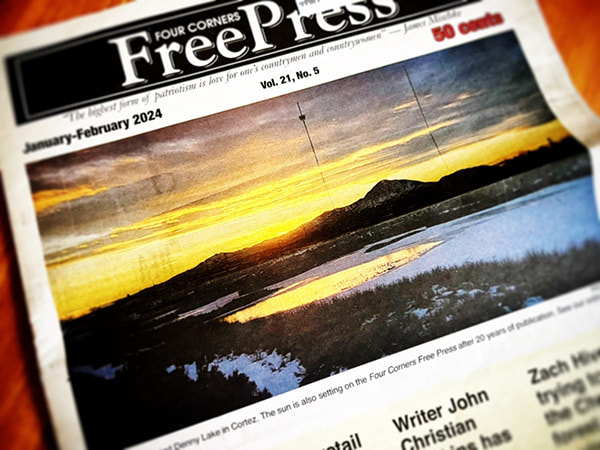
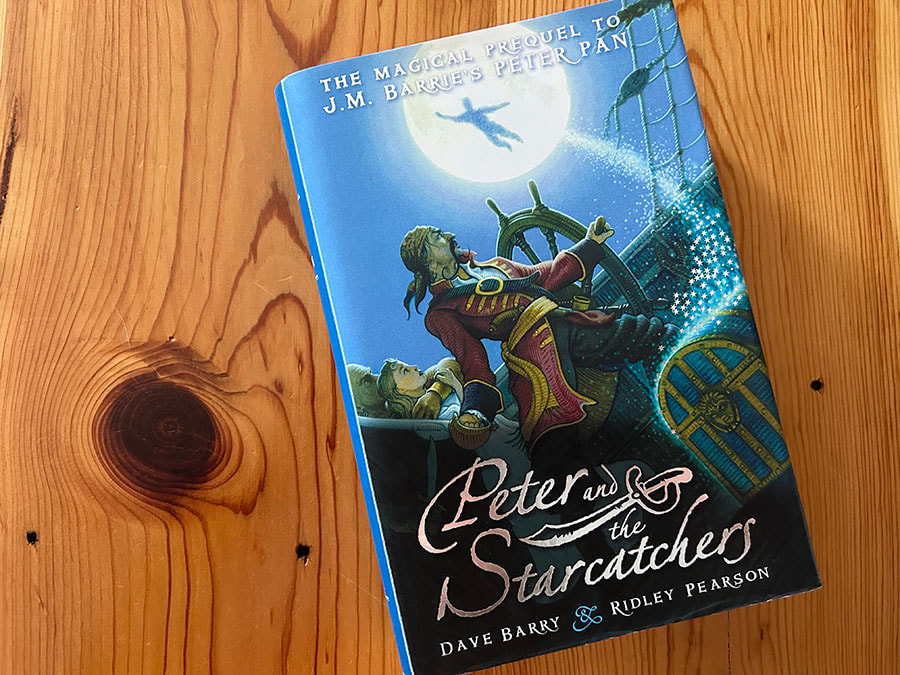
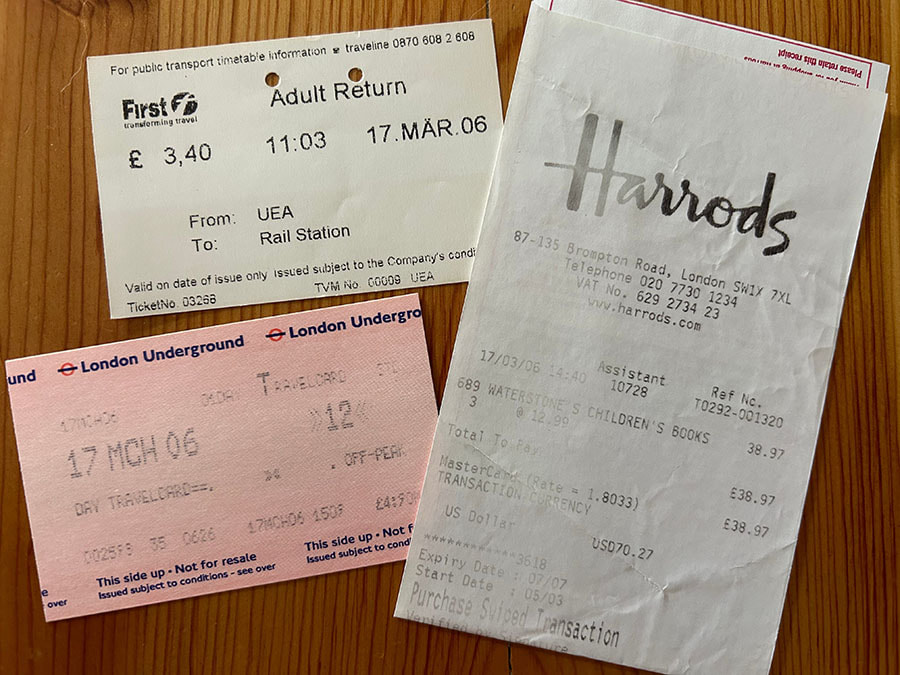

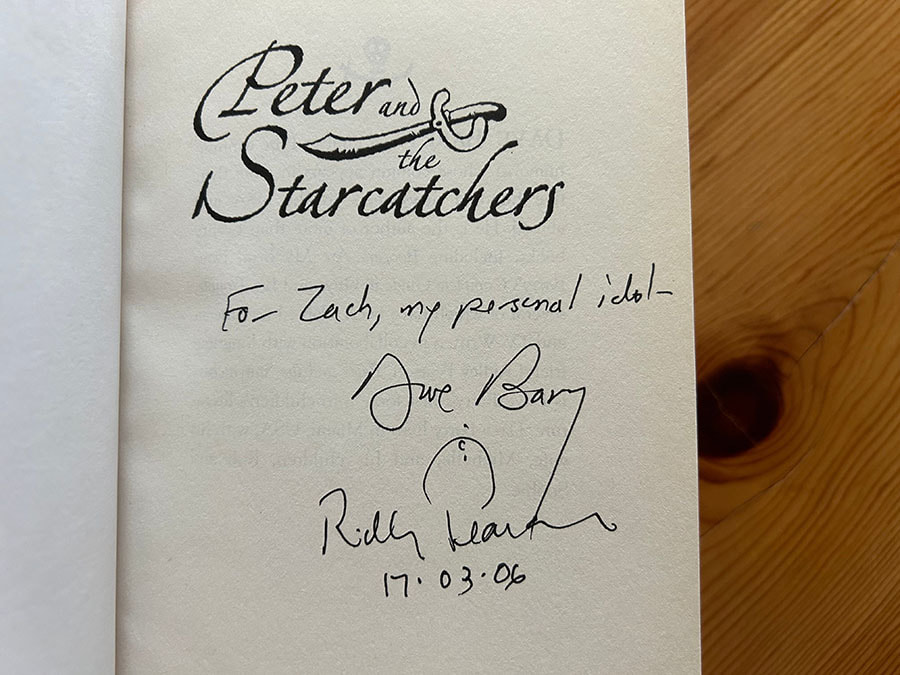
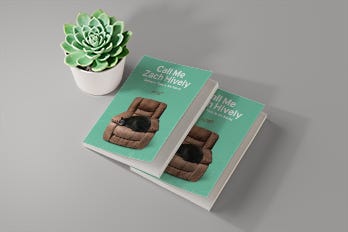
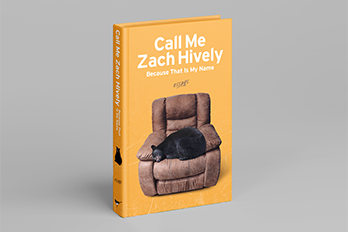
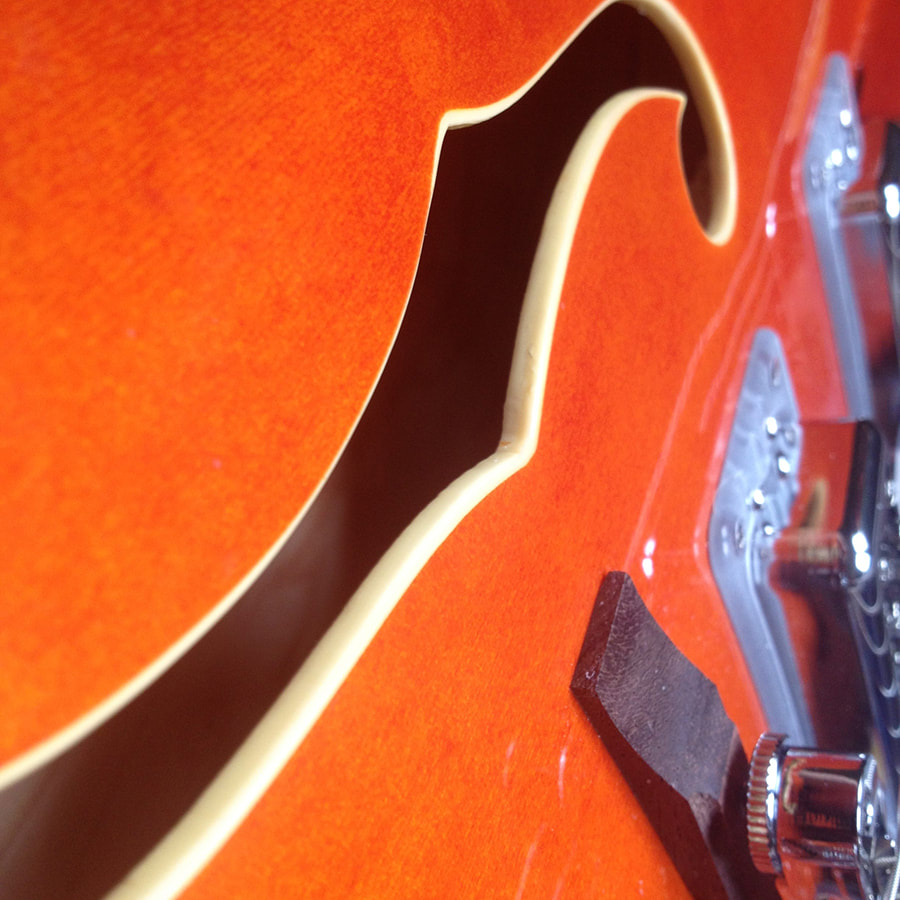
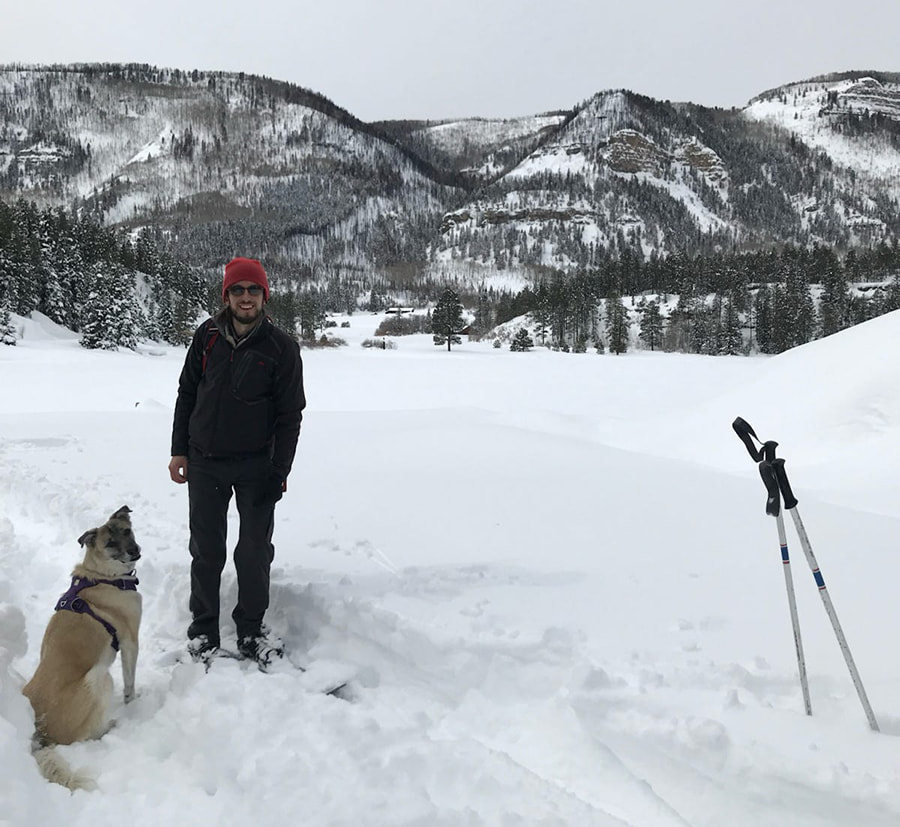

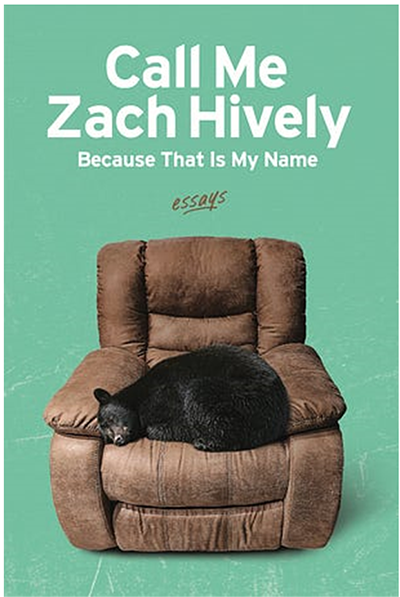
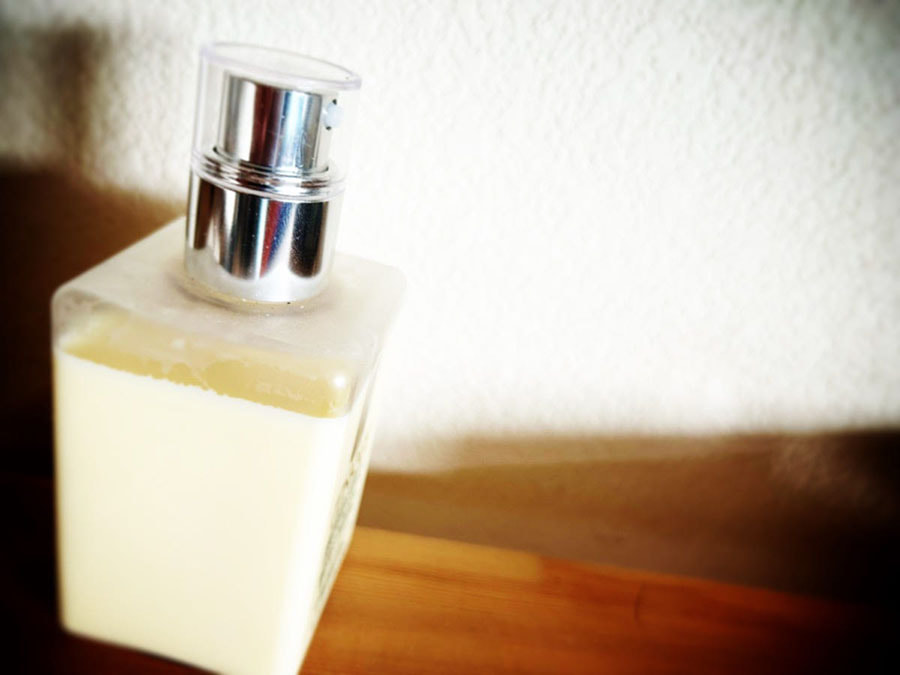
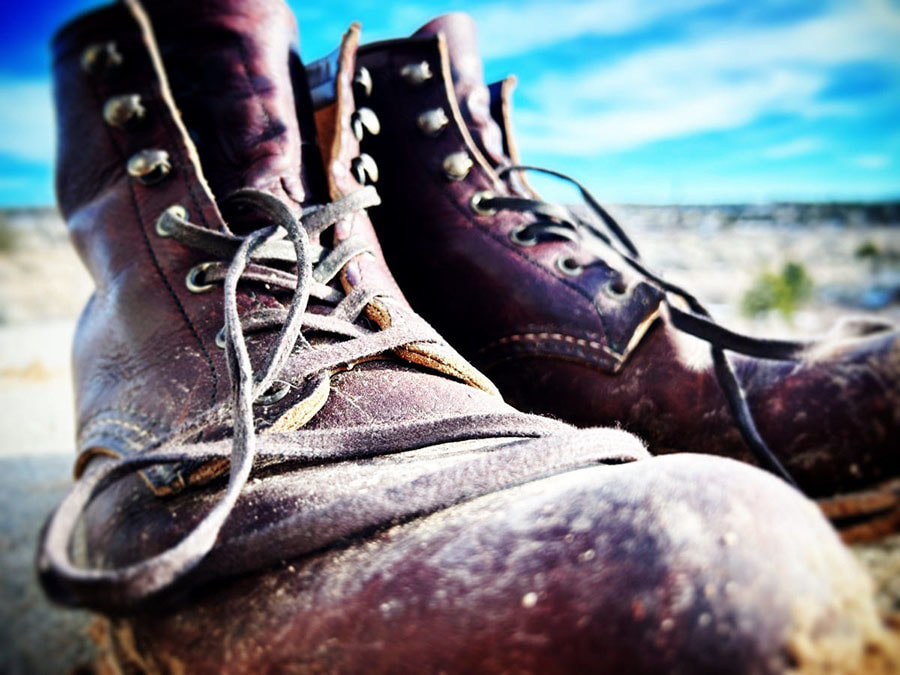

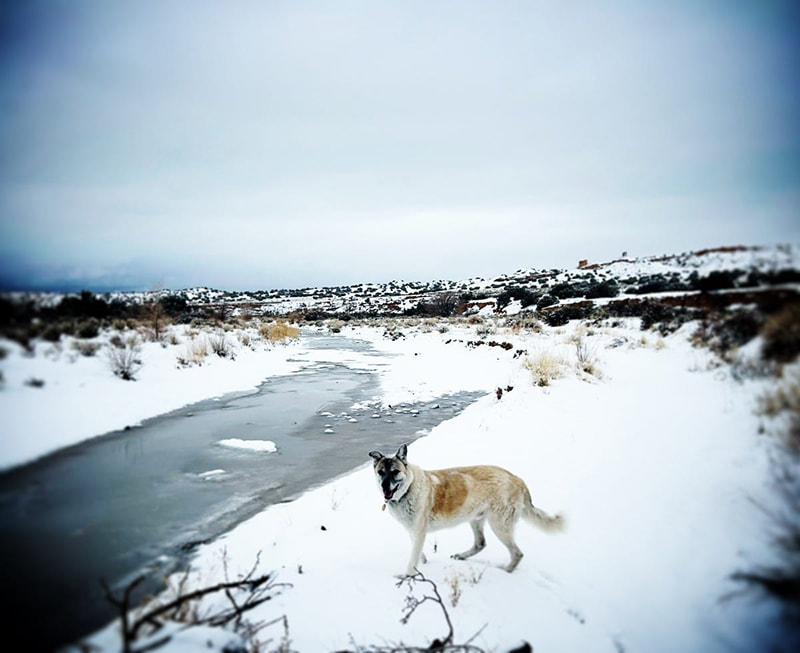
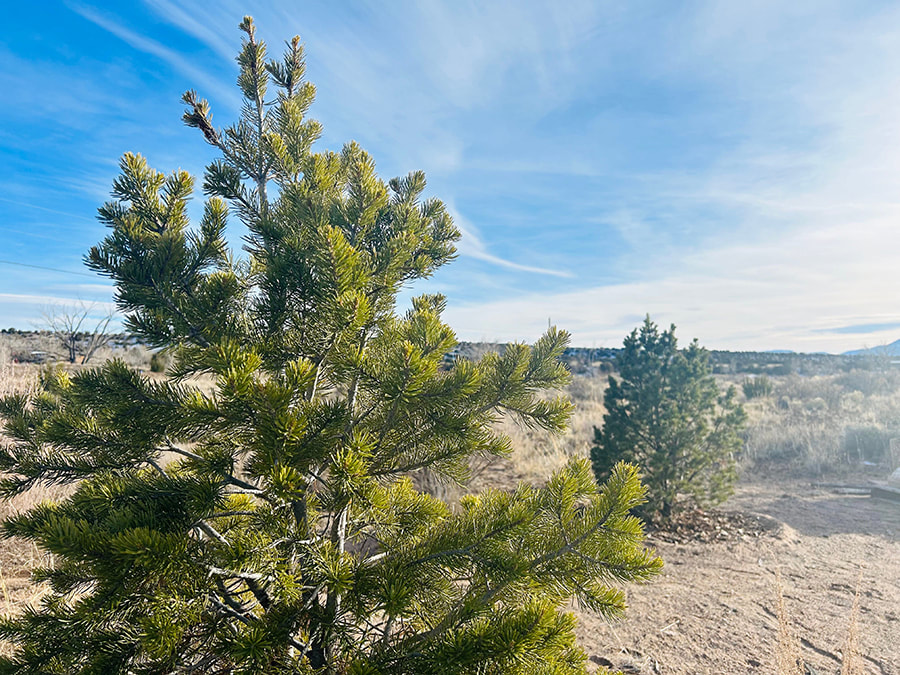
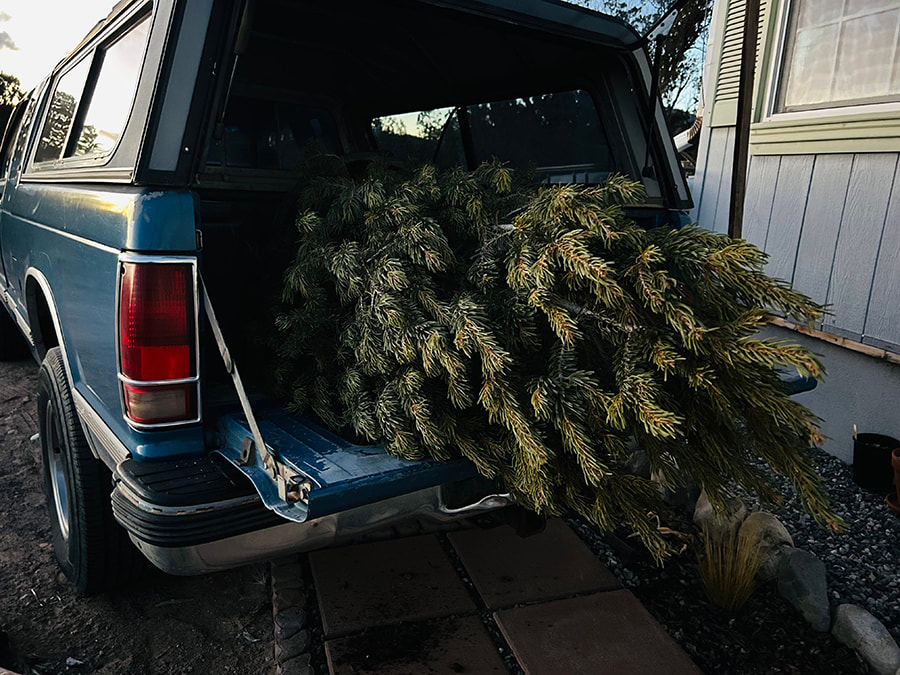

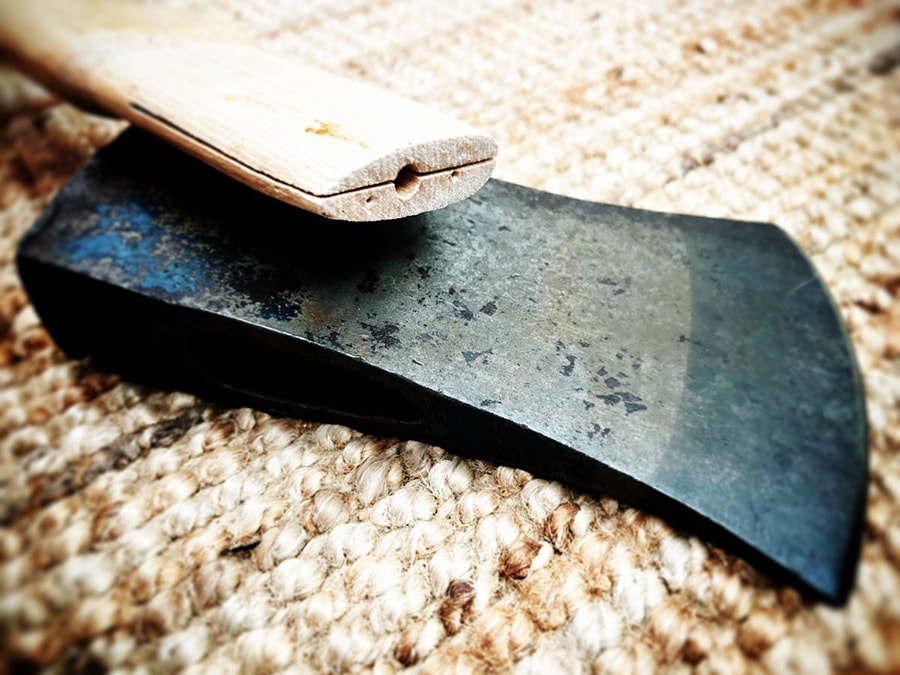

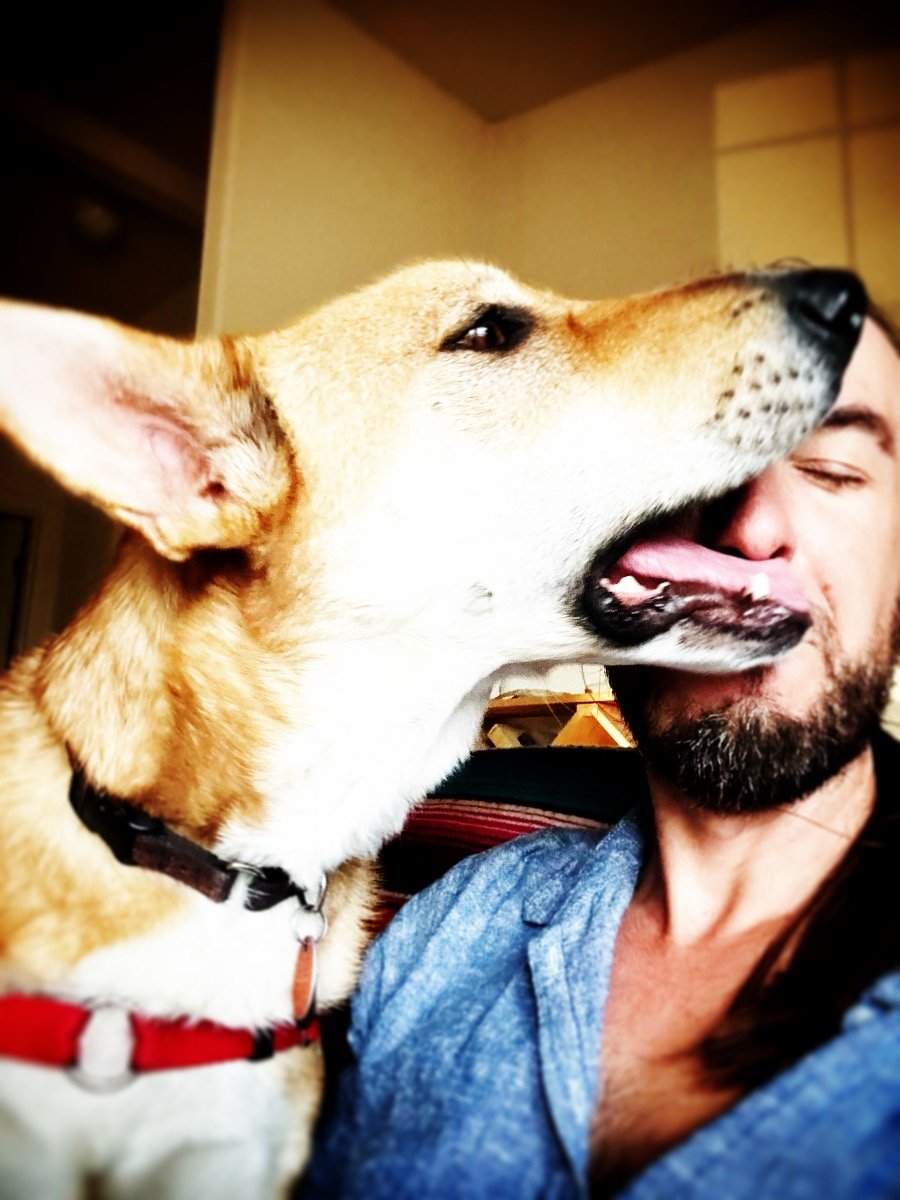
 RSS Feed
RSS Feed